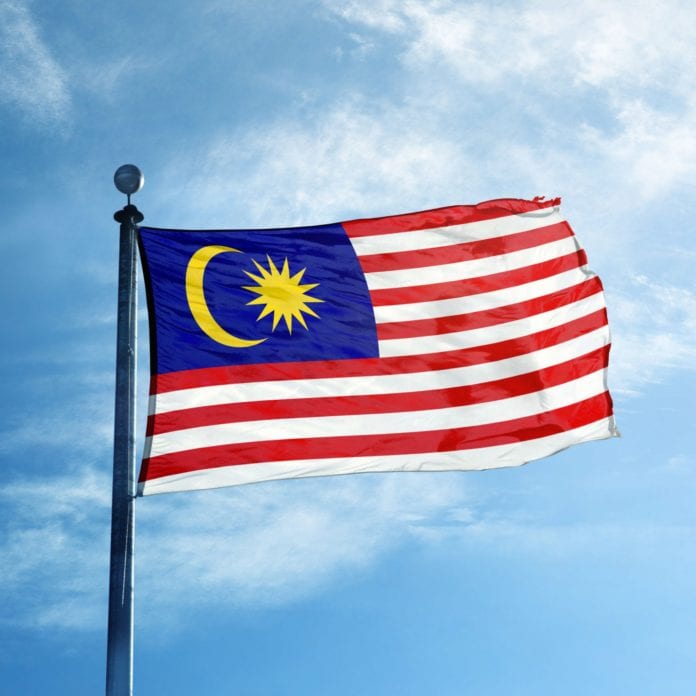Intel and Ericsson will work on 5G use cases in selected verticals such as manufacturing, transport and logistics
Intel and Ericsson announced plans to collaborate on their respective technology expertise to boost 5G adoption in Malaysia and expand their business-to-business (B2B) engagements in the country based on 5G use-cases.
As part of the planned collaboration, the companies will work on enterprise use cases in selected verticals such as manufacturing, transport and logistics. In addition, the collaboration involves working on the benefits of digitalization for emerging economies.
“5G is a platform for innovation and will transform the way enterprises operate,” said David Hägerbro, head of Ericsson Malaysia, Sri Lanka and Bangladesh. “Ericsson’s collaboration with Intel in Malaysia will contribute to the adoption of 5G and development of the local ecosystem that will in turn drive Malaysia’s digital transformation.”
Hägerbro added: “This will also ensure the country has a distinct advantage compared to other markets in the region when it comes to foreign investment.”
AK Chong, managing director of Intel Malaysia, said: “This collaboration demonstrates how the Malaysian 5G infrastructure with innovative edge services – powered by Ericsson and Intel technologies – enables local enterprises to transform and accelerate their businesses through digital solutions.”
Ericsson had been selected in July 2021 to build Digital Nasional Berhad (DNB)’s national 5G network. Digital Nasional Berhad is a special-purpose vehicle set up by the previous government of Malaysia with the goal of deploying and managing Malaysia’s 5G network.
Last year, Malaysia’s former Prime Minister Muhyiddin Yassin had unveiled an initiative for a state-owned vehicle to own all 5G spectrum, with various carriers using the infrastructure to provide mobile services across Malaysia in what would effectively be a wholesale/MVNO arrangement.
Following the announcement of this plan, the country’s telcos had raised concerns about a single state company owing all spectrum frequencies.
Local carriers Celcom Axiata, Digi Telecommunications, Telekom Malaysia, U Mobile and YTL Communications are already offering retail 5G services available to their subscribers, following the signing of their respective 5G access agreements with DNB in October last year.
However, the new Malaysian government had announced that it would be reviewing the rollout of the national 5G network. The new prime minister said that these plans will be revised due to the lack of transparency.
According to a recent report by Singaporean investment bank UOB-Kay Hian, DNB could potentially select a second vendor for its 5G network.
The report revealed that DNB isn’t exclusively committed to Ericsson, suggesting that there could be a provision in the contract related to the introduction of a second network provider— which opens the door for vendors such as Nokia, Huawei or ZTE to get involved in its 5G rollout plans.
DNB previously announced that its 5G network has achieved almost 50% coverage of populated areas with some 3,900 sites at the end of 2022.
DNB said it is now focused on delivering the committed target of 80% of the country’s populated areas by the end of 2024. The company’s 5G network currently reaches some 15 million people and will reach 30 million once fully deployed.

